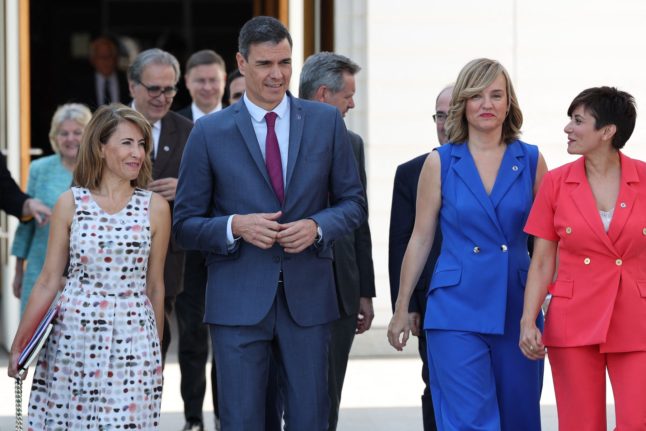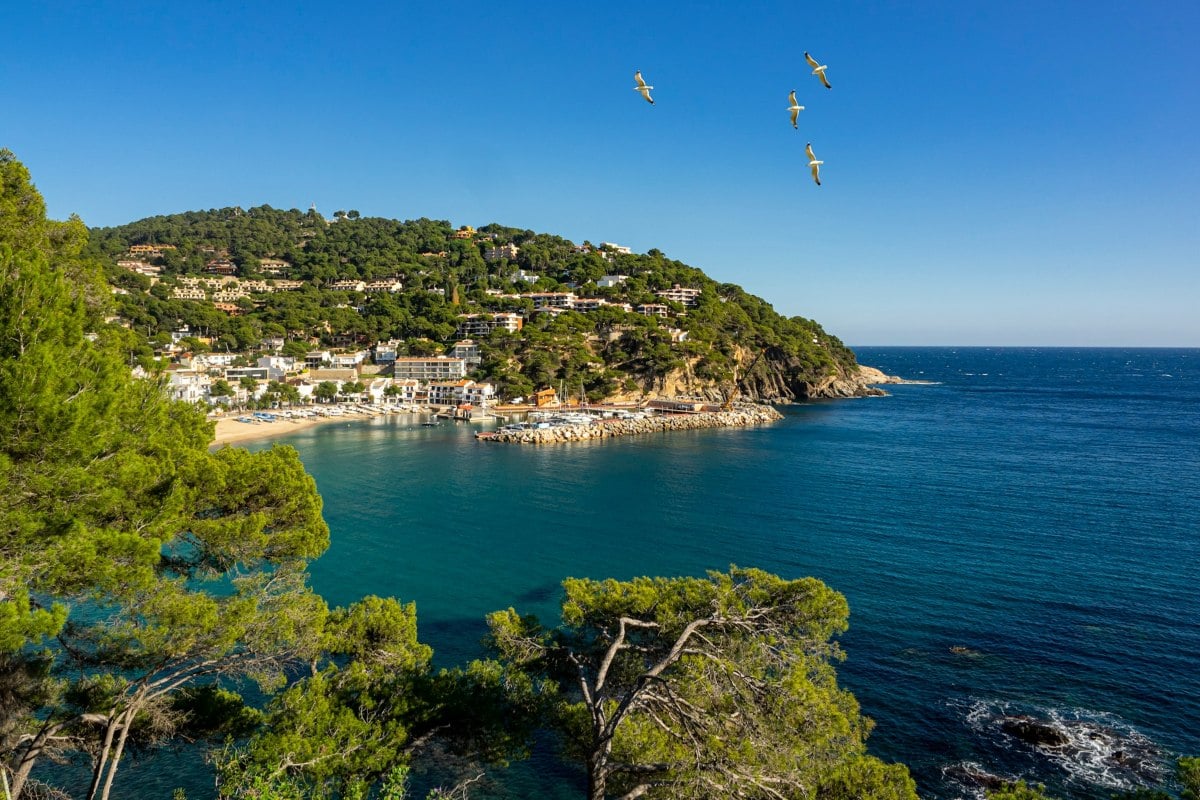Following an inconclusive early general election in April, Sanchez's Socialists need the support of Podemos to win a confidence vote in parliament next week and be sworn in for a second term.
Iglesias has sought a coalition deal with the Socialists in which he gets a cabinet post in a new Socialist government in exchange for Podemos' support.
“A government which includes Iglesias would not work, it would be paralysed,” Sanchez said during an interview with private TV cannel La Sexta.
“The main obstacle… is the participation of Iglesias in the government,” he added when asked why the talks between the two parties had so far failed to reach an agreement.
Sanchez cited as an example his disagreements with Iglesias over the northeastern region of Catalonia, which in 2017 carried out a failed attempt to break away from Spain, sparking the country's worst political crisis in
decades.
Sanchez's Socialist party won 123 seats in the April polls, the most by any party but short of an absolute majority in the 350-seat assembly.
To be sworn in for another term, he needs the backing of Podemos, which won 42 seats, and that of smaller regional parties to win an absolute majority of votes in a confidence vote in parliament on Tuesday.
If he loses that vote, he would then face a second confidence vote two days later when he will require only a simple majority — more “yes” than “no” votes.
Podemos will later on Thursday release the results of a consultation of party members as to whether the formation should support Sanchez in the confidence vote.
If Sanchez loses the second confidence vote, a two-month period would open during which parties would have to resolve the stalemate — failing which new elections would be automatically triggered.
These would be Spain's fourth general elections in four years as the country's increasingly fragmented political landscape makes it harder to form stable majorities.
Podemos in March 2016 voted against Sanchez in a confidence vote, which triggered a general election a few months later.





 Please whitelist us to continue reading.
Please whitelist us to continue reading.
Member comments